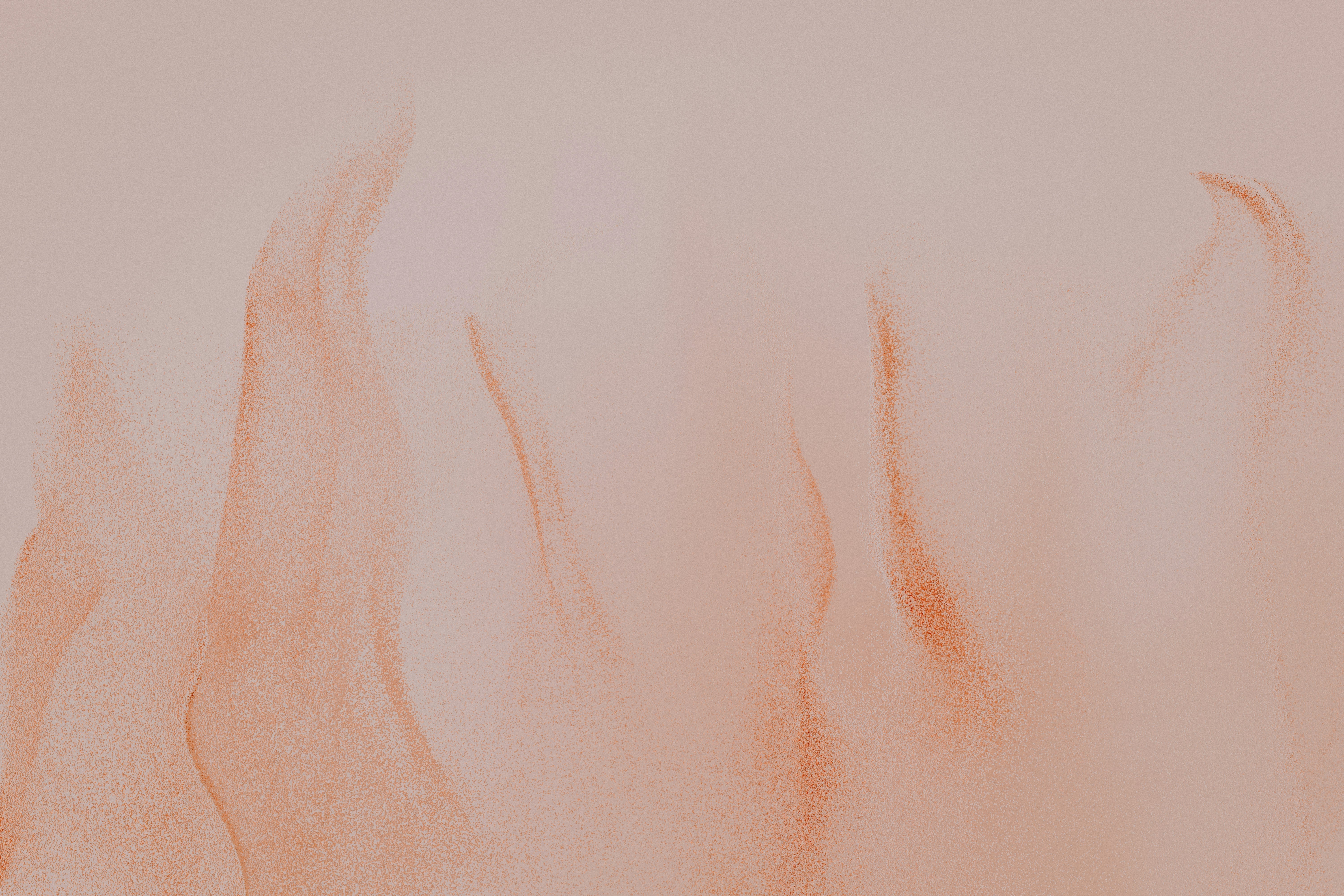This week, we received a testimonial from someone who had significant hair growth from taking BrocElite. This prompted me to look into the literature to see if there were any new studies on this topic since the last time I looked.
In one new study I found, researchers investigated the effects of a Brassica oleracea extract, which has various glucosinolates, including sulforaphane, on hair growth. The researchers used in vitro and ex vivo models to evaluate the effect of the extract on hair follicles.
Brassica oleracea is a species of plant that includes various vegetables such as kale, broccoli, and cauliflower. These vegetables are known to contain glucosinolates, which are sulfur-containing compounds that are “cousin” molecules to sulforaphane.
When the plant tissue is disrupted, for example, by chopping or chewing, an enzyme called myrosinase is released from the cell wall, which hydrolyzes glucosinolates into various metabolites, including sulforaphane.
In vitro studies involve using cells grown in a laboratory setting. The researchers found that the extract stimulated hair follicle cell proliferation and migration, which are important processes for hair growth. The extract also upregulated genes involved in hair growth, such as insulin-like growth factor 1 (IGF-1) and vascular endothelial growth factor (VEGF).
Ex vivo studies involve using tissue samples from an organism in an artificial environment, such as a culture dish. The researchers found that the extract promoted hair shaft elongation and increased the number of hair follicles in ex vivo human scalp samples.
This research, along with our previous blog on how sulforaphane blocks DHT, continues to point to sulforaphane being an effective tool to promote hair growth.







0 Comment